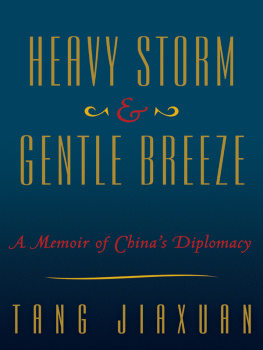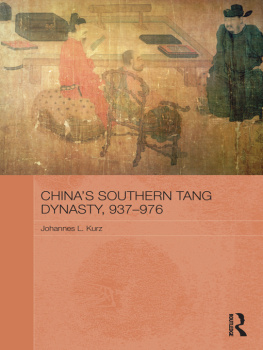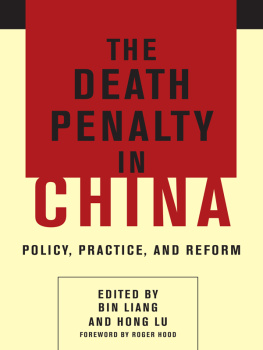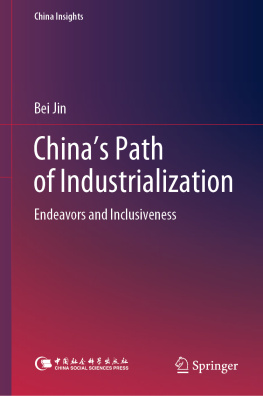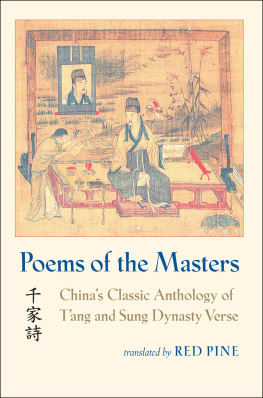Chinas Authoritarian Path to Development
This book examines the various stages of Chinas development, in the economic, social, and political fields, relating theories and models of development to what is actually occurring in China, and discussing how Chinas development is likely to progress going forward. It argues that Chinas modernization hitherto can be characterized as authoritarian development a fusion of mixed economic institutions of varying types of ownership with social stability and political cohesiveness and that the present phase, where more emphasis is being given to social issues, is likely to lead on to a new phase where a more mature civil society and a more extensive middle class are likely to look for greater democratization. It presents an in-depth analysis of Chinas changing social structure and civil society, explores the forces for and processes of democratization, and assesses the prospects for further democratization in the light of changing social structures.
Liang Tang is a Professor at the School of Political Science and Economics, Waseda University, Japan.
China Policy Series
Series Editor
Zheng Yongnian
East Asian Institute, National University of Singapore
For a full list of available titles please visit: www.routledge.com/China-Policy-Series/book-series/SECPS
42 ChinaTaiwan Rapprochement
The Political Economy of Cross-Straits Relations
Min-Hua Chiang
43 Ecological Risks and Disasters New Experiences in China and Europe
Laurence Roulleau-Berger and Li Peilin
44 Chinas Governance Model
Flexibility and Durability of Pragmatic Authoritarianism
Hongyi Lai
44 Chinese Politics as Fragmented Authoritarianism
Earthquakes, Energy and Environment
Edited by Kjeld Erik Brdsgaard
45 Chinas Great Urbanization
Edited by Yongnian Zheng, Litao Zhao, and Sarah Y. Tong
46 Chinas Global Quest for Resources
Energy, Food and Water
Edited by Fengshi Wu and Hongzhou Zhang
47 Chinas New Public Health Insurance
Challenges to Health Reforms and the New Rural Co-operative Medical System
Armin Mller
48 ChinaAfrica Relations
Building Images through Cultural Co-operation, Media Representation and on the Ground Activities
Edited by Kathryn Batchelor and Xiaoling Zhang
49 Chinas Authoritarian Path to Development
Is Democratization Possible?
Liang Tang
First published 2017
by Routledge
2 Park Square, Milton Park, Abingdon, Oxon OX14 4RN
and by Routledge
711 Third Avenue, New York, NY 10017
Routledge is an imprint of the Taylor & Francis Group, an informa business
2017 Liang Tang
The right of Liang Tang to be identified as author of this work has been asserted by him in accordance with sections 77 and 78 of the Copyright, Designs and Patents Act 1988.
All rights reserved. No part of this book may be reprinted or reproduced or utilized in any form or by any electronic, mechanical, or other means, now known or hereafter invented, including photocopying and recording, or in any information storage or retrieval system, without permission in writing from the publishers.
Trademark notice: Product or corporate names may be trademarks or registered trademarks, and are used only for identification and explanation without intent to infringe.
British Library Cataloguing in Publication Data
A catalogue record for this book is available from the British Library
Library of Congress Cataloging in Publication Data
A catalog record for this book has been requested
ISBN: 978-1-138-01647-7 (hbk)
ISBN: 978-1-315-78098-6 (ebk)
Typeset in Times New Roman
by Wearset Ltd, Boldon, Tyne and Wear
Countries vary in culture and national conditions. They adopt different development goals and set their own political agenda. In a way, the vast differences in national political systems are a reflection of the diversity, and complexity, of the international society. Each political system has its own raison dtre , and it typically evolves its own logic to justify its self-existence and developmental path. I want to point out however that democracy upholds popular sovereignty as the highest principle of politic, and its realization is through the guarantee of individual rights and freedom by the construction of a sound political system and the rule of law. Needless to say, democratic politics, as an ideal or an actual political system, represents the highest form of political civilization today. A country that strives for the common good will not only try to grow its economy so as to improve the general welfare of the population, but it will also set democratization as the ultimate goal of modernization.
Precisely because democracy is an ideal type of political system, it requires a set of propitious preconditions, including a relatively high level of economic development, a well-developed social welfare system, a large middle class, mature civil society, experienced and influential opposition, a well-rounded legal system, and good governance. When these preconditions are lacking, democratization may still occur but it will not lead to the consolidation of a high-quality democracy. At most, we may call such countries electoral democracies because they still have weak governance, are not responsive to the citizens need, and do not deliver in the area of protection of individual rights and freedom. As a result, such democracies are quite unstable because they do not enjoy powerful and widespread support from the population. They risk political decay or overthrow by the anti-democrats.
Chinas modernization originated in the Self-strengthening Movement in the mid-19th century, and efforts to democratize China go back as far back as the Republican revolution led by Sun Yat-sen toward the end of the 19th century. However, the Chinese efforts and experiments at democracy have met with a series of setbacks. Since the reform and opening up that started in the 1970s, China has experienced rapid economic growth in the past 30 years. Yet, even while international society gives high marks for Chinas economic development, there is no accolade for Chinas political reform. Pervasive is a sense of pessimism about Chinas democratic future. Such pessimism or negativity, however, is not only due to the authoritarian governments suppression of the bottom-up demand for liberalization, but also a result of reckless disregard for the necessary preconditions of democratization and the push for pre-mature democratization. The latter suggests that the advocates of democratization now have failed to appreciate the difficulty and long-term challenge of democratizing a large country like China.
Growing up in China in the 1960s and 1970s, I experienced the harsh realities of a backward economy, poverty, and political repression during the Cultural Revolution. From 1979 to 1986, I was an undergraduate and then a graduate student in the department of International Politics at Peking University. It was at Peking University where I experienced first-hand a collective criticism or self-reflection of Chinese history and realities by intellectuals and college students. I sensed a collective aspiration for freedom and democracy, and experienced progress in political life in the country. After 1987, I pursued graduate studies at Keio University in Japan, and stayed on to teach and research Chinese politics at Japanese universities. From my lived experience in a democratic country, I came to the realization that the difference between China and developed countries is not just due to the difference in the political system, but there is a huge gap in the preconditions and environment surrounding the practice of politics.




